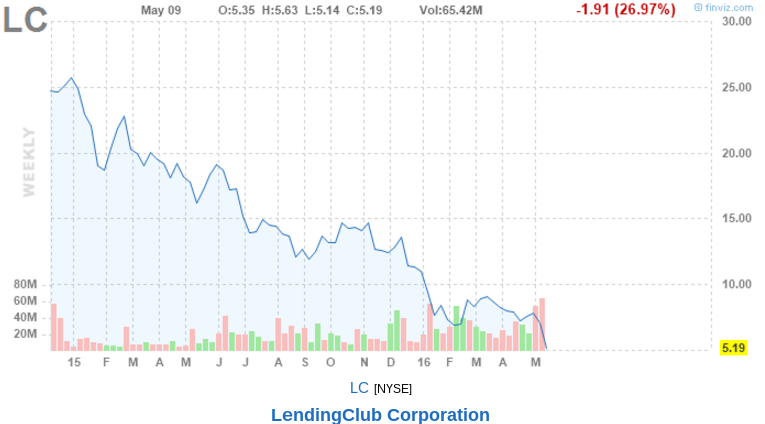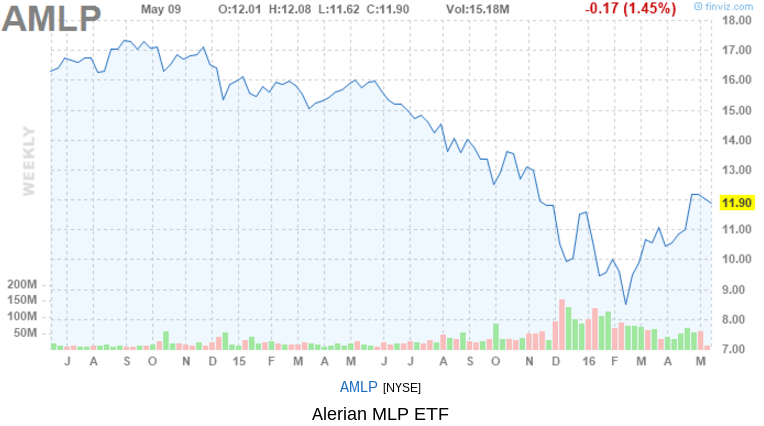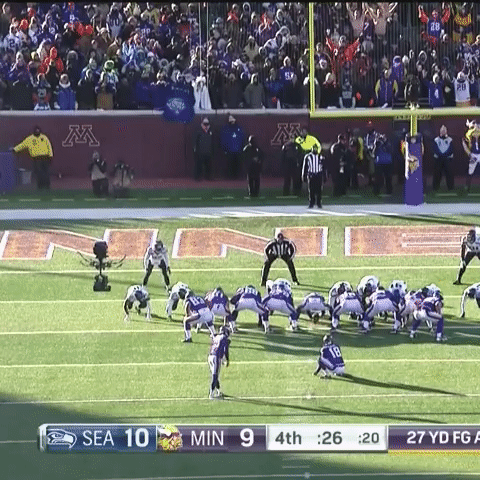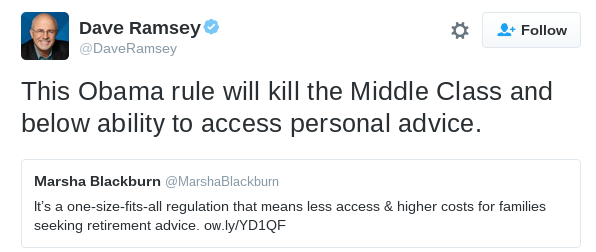It’s true: I consider myself to be a card-carrying, Certified Cheapskate™. Some may say the patron saint of our kind is this man:

However, George Costanza’s cheapness is driven more by pettiness – mine is driven by a deep love and respect of compound interest. Save more = invest more = compound more interest. It’s that simple. Here’s a slice of my tools of the trade – you might call it a diversified portfolio of thrift:
Simple – I cannot think of a better banking experience than the one I’ve had with Simple. No checks, no branches, tons of ATMs, photo deposit, awesome spending tracking, beautiful app, fast and responsive customer service and best of all: FREE. It’s a bank in an app. I’ve been living a checkless life for years now with Simple and I’ve loved every minute of it.
Google Fi (& Nexus) – Cell phones are a notorious black hole for spending and are major budget-busters. Google’s Project Fi is by far the best value in wireless and they don’t skimp on the quality of their phones. With Fi, the service uses phones from Google’s Nexus program so it’s a showcase for Android’s latest and greatest. If you’re not a data hog, it’s extremely affordable. You start with $20/mo for unlimited call/text and add $10/GB for data. I usually only use about 1 gig per month so my monthly bill is around $35 after taxes with a Nexus 5X, which was less than $300 outright. Super cheap.
GolfNow – This one’s an app for the golfers, but it’s too useful not to include on my list. On the surface, GolfNow is just an app for reserving tee times – but there’s a sneaky feature for the flexible cheapskate: their “Hot Deals.” For each course that participates, GolfNow sells about one super low-priced round per day with a cart included, and it’s typically less than $20. Non-golfers: you’ll have to trust me, that’s a great deal. Golfers: I hope you forget about this so I can keep snagging the Hot Deals.
Betterment – I could go on and on regarding the potential I see for Betterment, but their utility for the cheapskate is simple: slick investing software for truly reasonable fees. I believe automated investing changes the game for regular consumers and advisors, alike, and the number of features Betterment has already shipped within this concept is encouraging. Betterment most importantly enables automation, a necessary part of this cheapskate’s compound interest love-affair. Deposits hit your account and are invested accordingly on the same day, and dividends are reinvested intelligently as soon as they’re received.
Umpqua HSA – the ultimate in cheapskate victories is a win against Uncle Sam. An HSA, if a person is eligible via a high deductible health plan, provides users a double whammy of savings: a tax deduction upfront for contributions, and then tax-free distributions (!) for qualified medical expenses. When I set up my own HSA, I scoured the competition and settled with Umpqua (a bank based in the Pacific Northwest) because they have minimal fees and offer a free debit card for easy healthcare expenditures. Now, Umpqua’s been a fine custodian for my HSA, but my real point here is that it’s the tax treatment of the account that provides the real benefit to the cheapskate. If eligible, an HSA is a no-brainer for the Costanzas of the world.
Obvious disclosure:
- None of the above content should be seen as a tailored recommendation – your personal circumstances will vary.
- Betterment’s institutional platform, Betterment Institutional, is one of Alder Cove Capital, LLC’s preferred custodians for advisory clients. You can get an account started in less than five minutes.
- I have no affiliate marketing or referral relationships with any of the brands mentioned above. They’re simply products I personally use.











